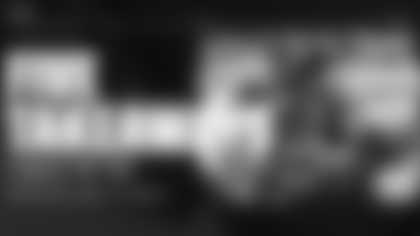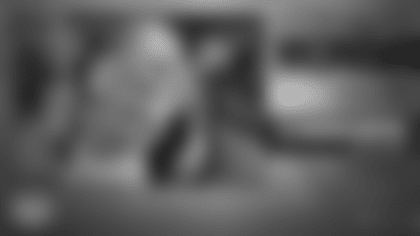The Washington Commanders fell to 1-3 after suffering a 25-10 loss to the Dallas Cowboys in Week 4. Here are five takeaways from the game, presented by presented by the inaugural Washington Commanders Fan Cruise.
1. Penalties were costly.
The flags were flying throughout the afternoon, and they were rarely in Washington's favor.
The Commanders committed 11 penalties, compared to the Cowboys' four, which was just one fewer than in their previous three matchups combined. Even more frustrating was the yardage that it cost, which ended up being 136.
But the most disappointing thing was the timing of the penalties. It started on the Commanders' second drive, when a 12-yard gain by Antonio Gibson was nullified by a holding call. That led to a punt three plays later.
There were other, more crippling calls later in the game. An intentional grounding pushed the offense from the Cowboys' 44 back to its own 44-yard line. Later in the third quarter, with Washington at the 17-yard line with a chance to cut the Cowboys lead from eight to one, another intentional grounding, followed by a false start, left the Commanders settling for a field goal.
As Carson Wentz aptly said after the game, Washington kept shooting itself in the foot. Winning is hard enough in the NFL, but it is more difficult with self-inflicted mistakes.
Check out the top photos of the Washington Commanders taking on the Dallas Cowboys in their Week 4 matchup. (Emilee Fails/Washington Commanders)





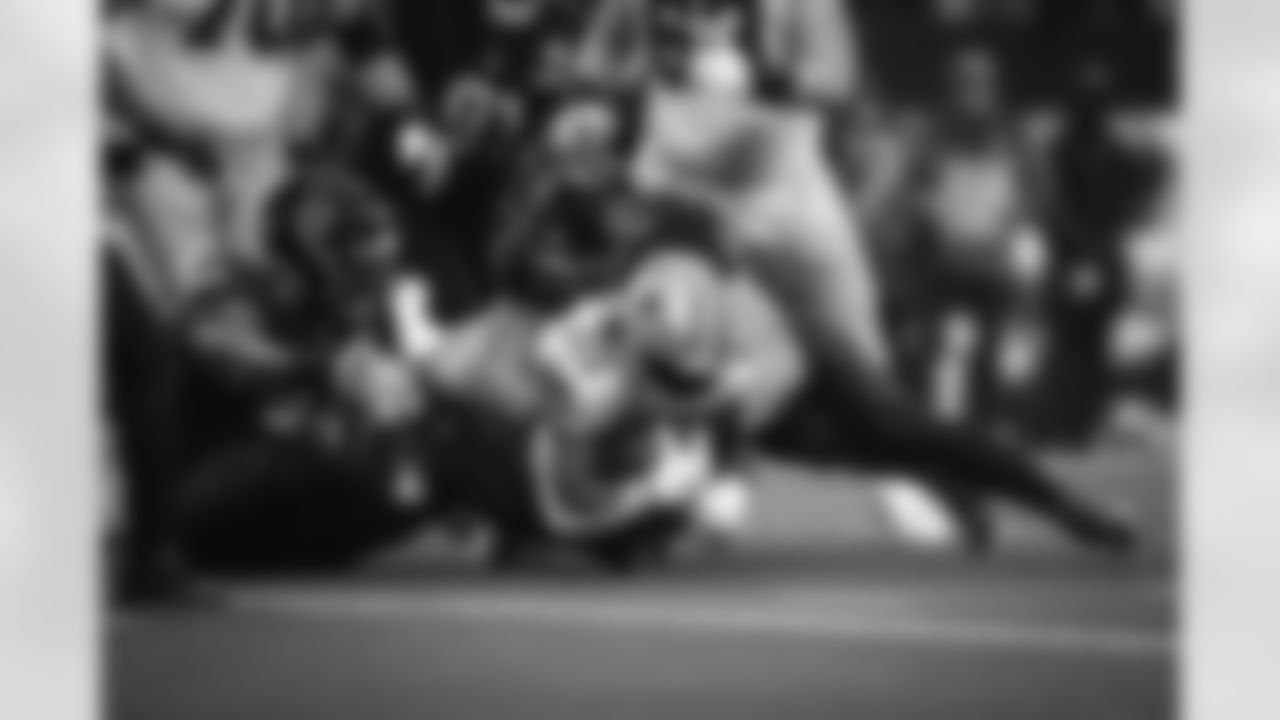

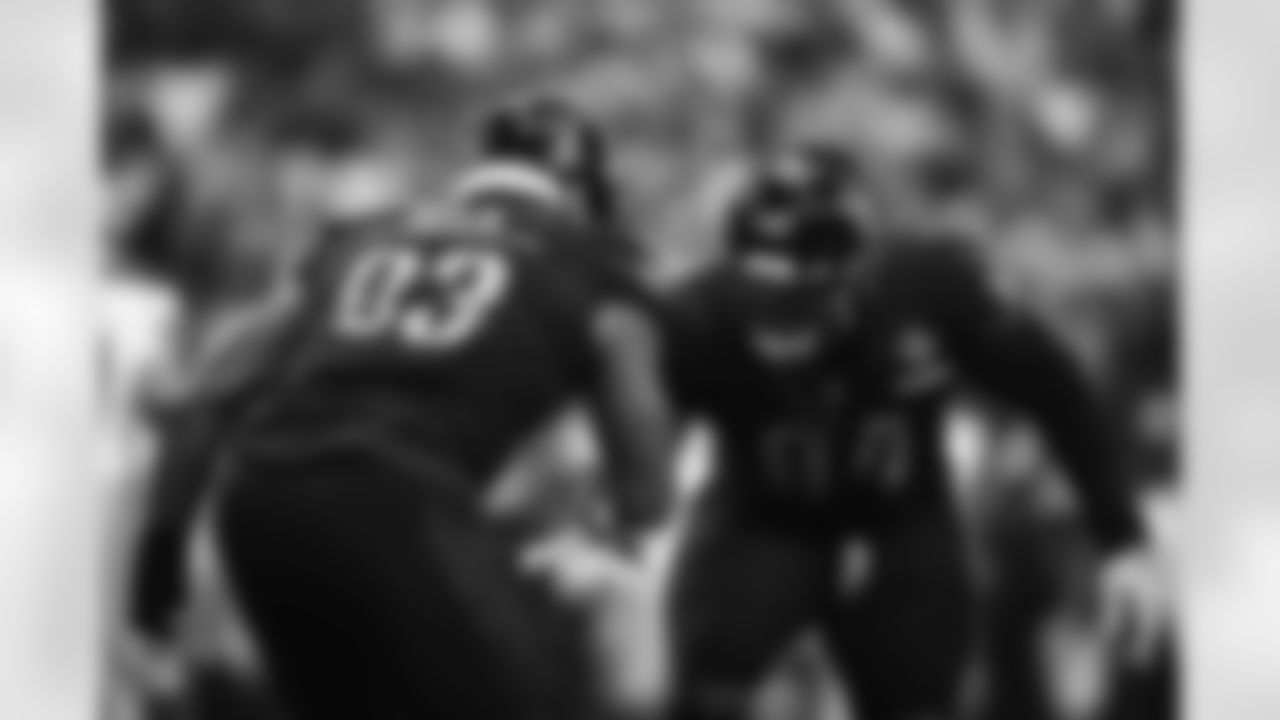
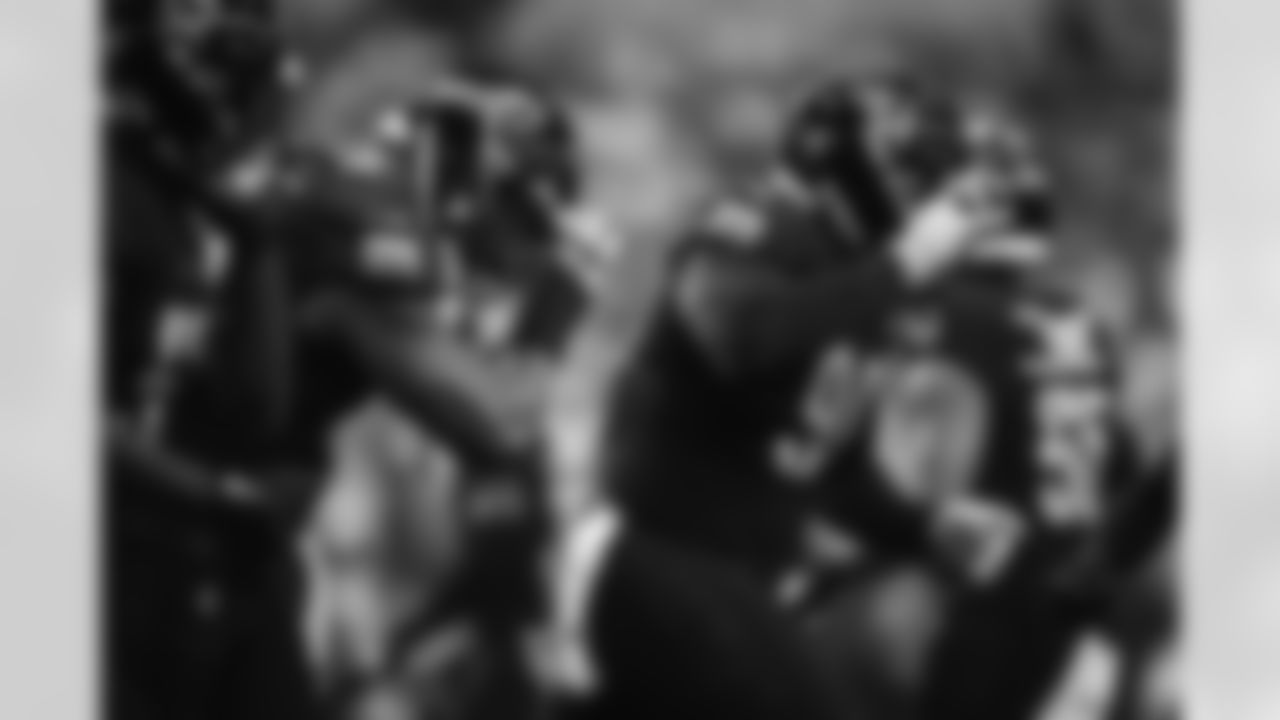
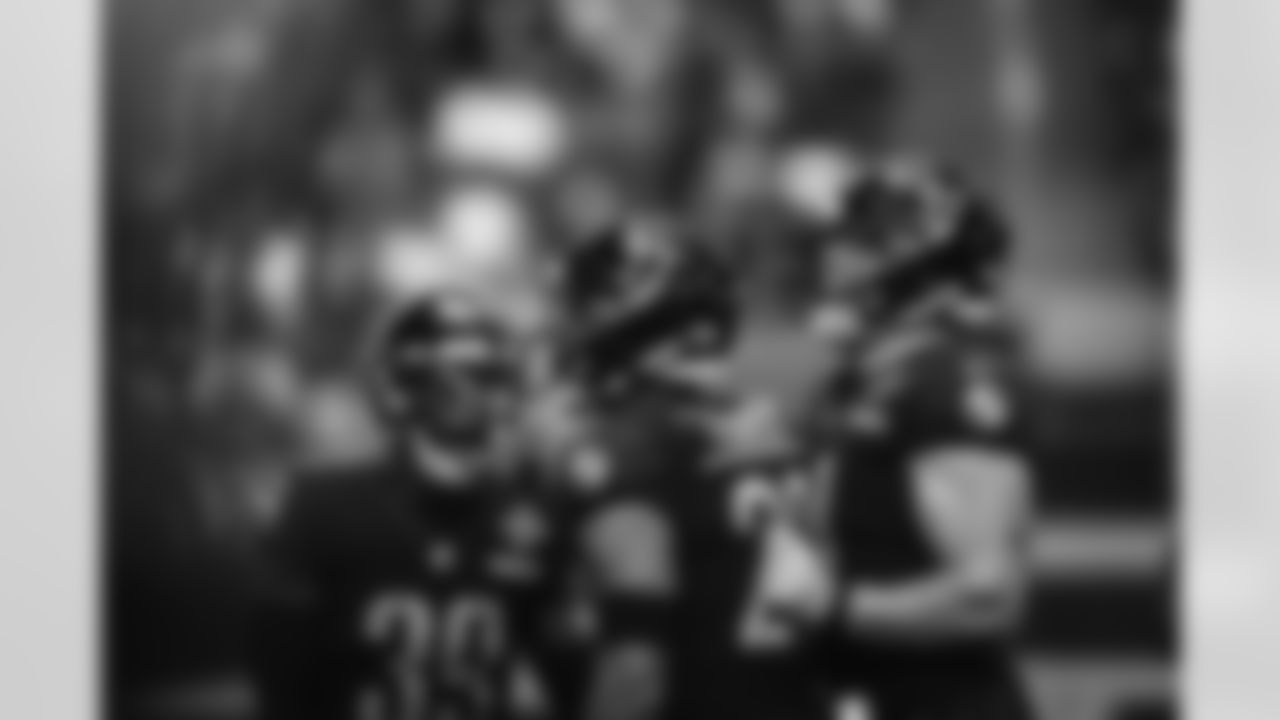
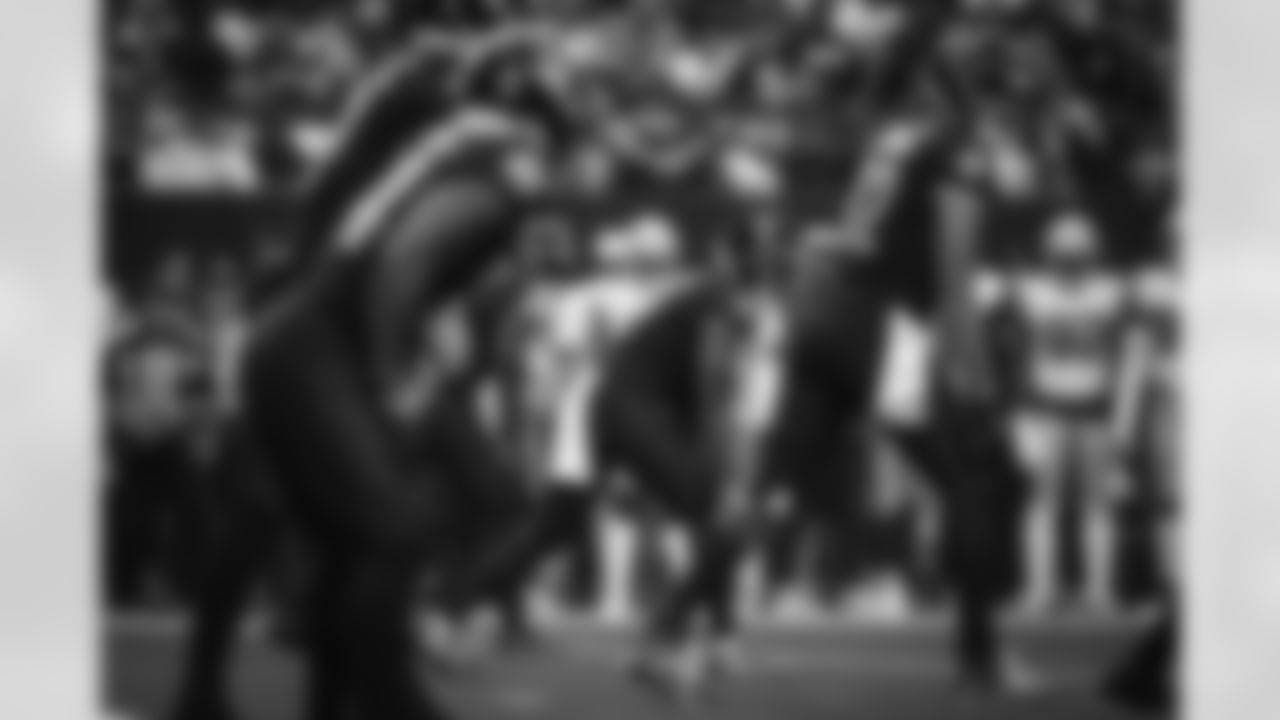

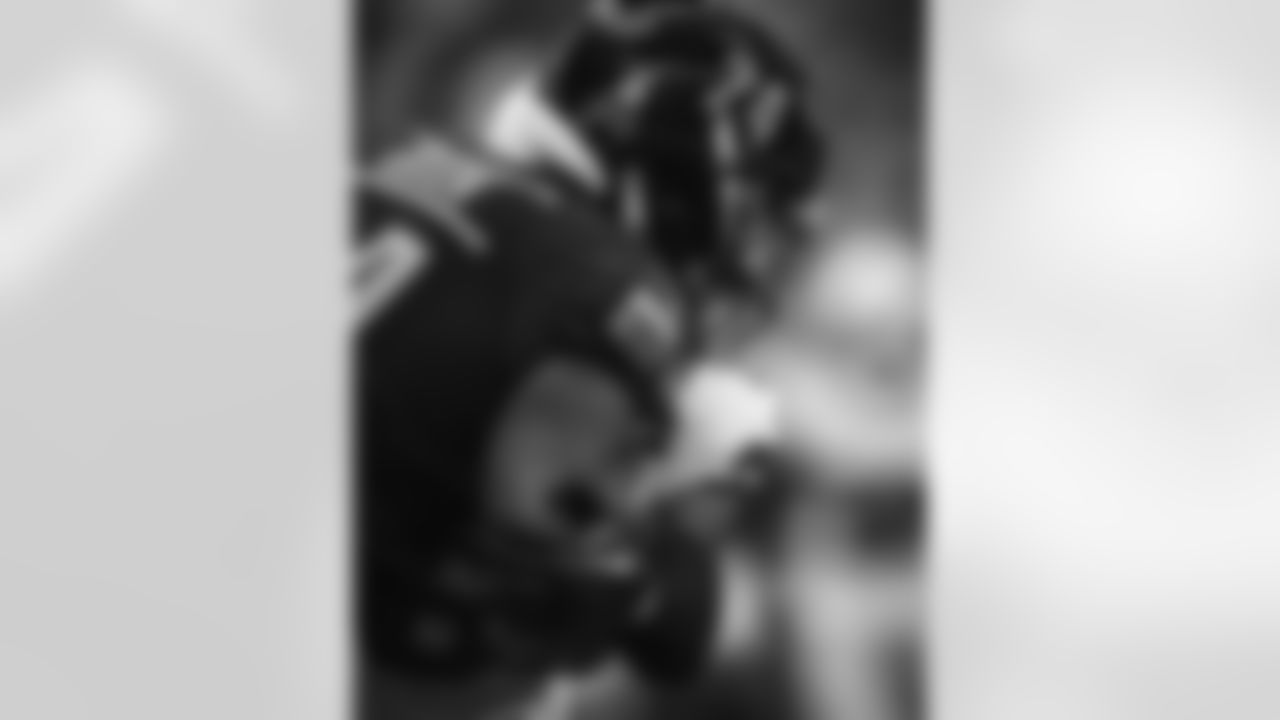
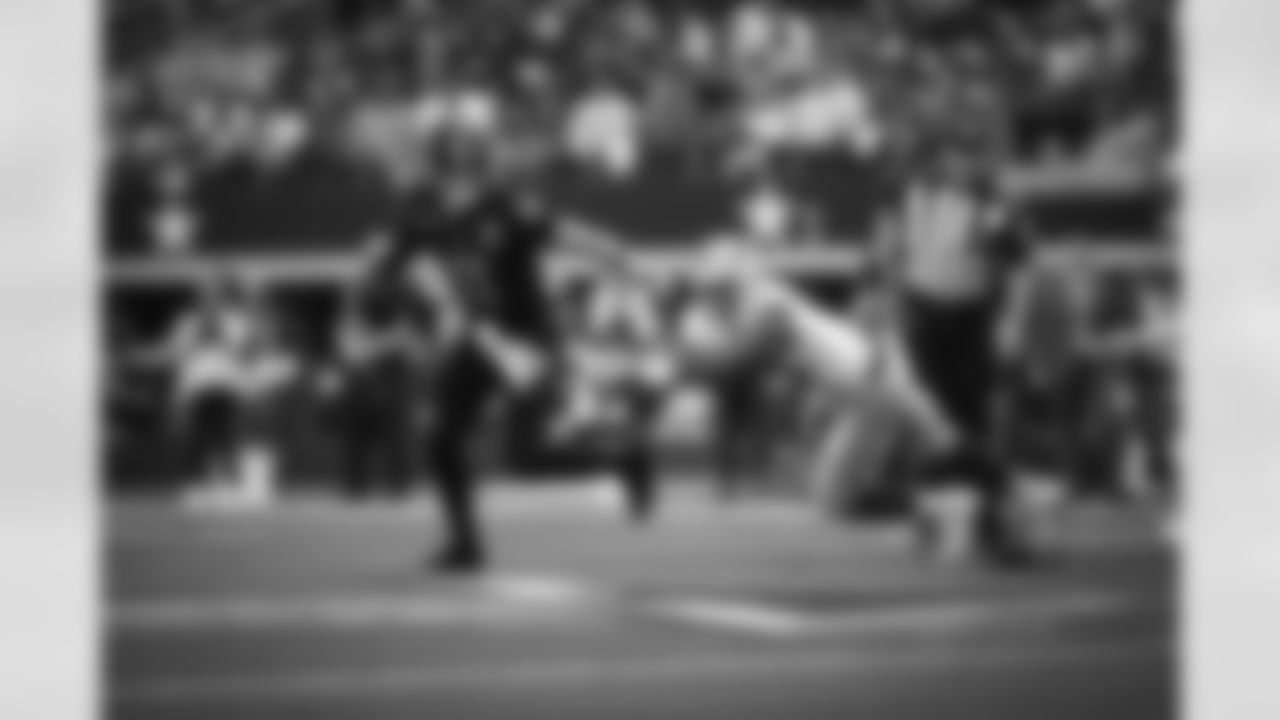

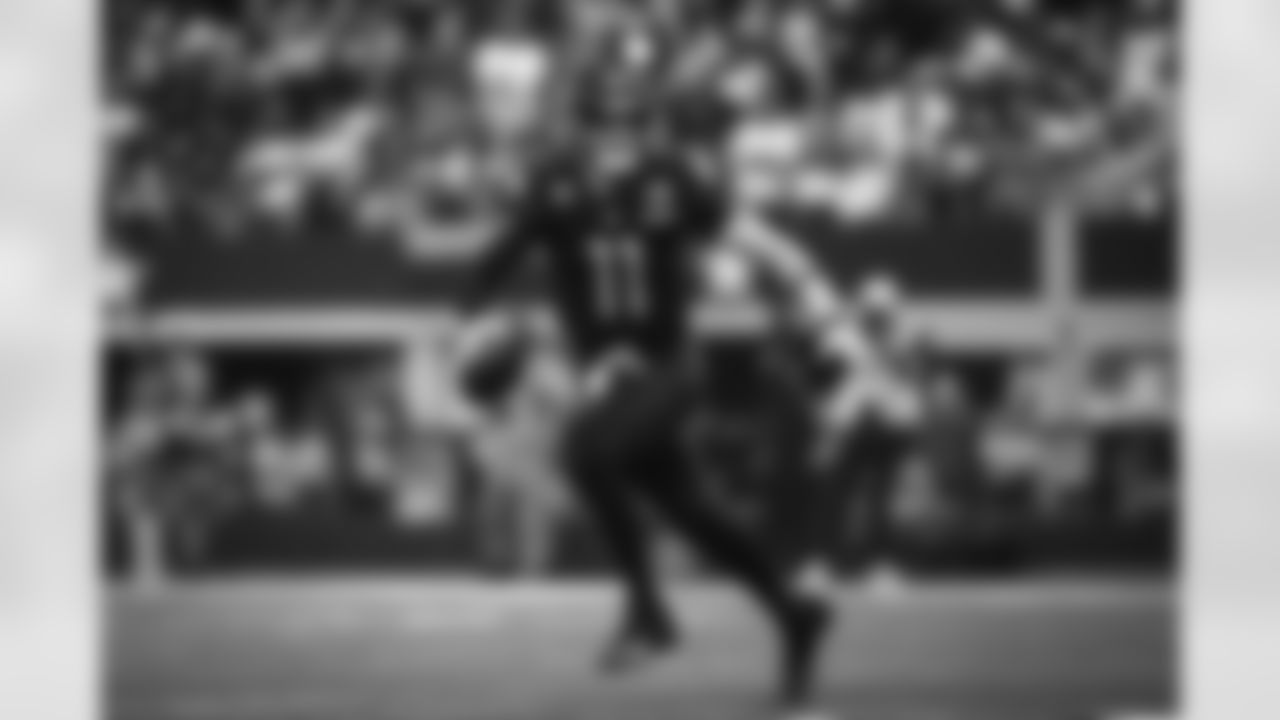



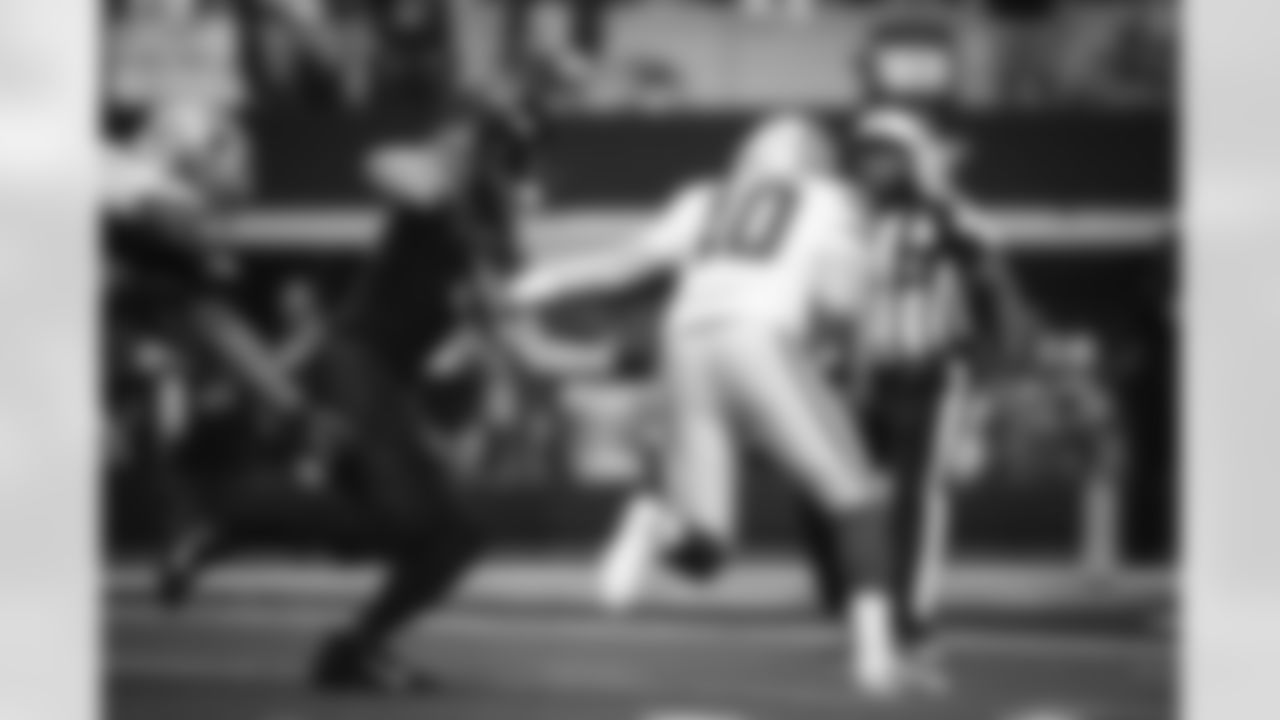




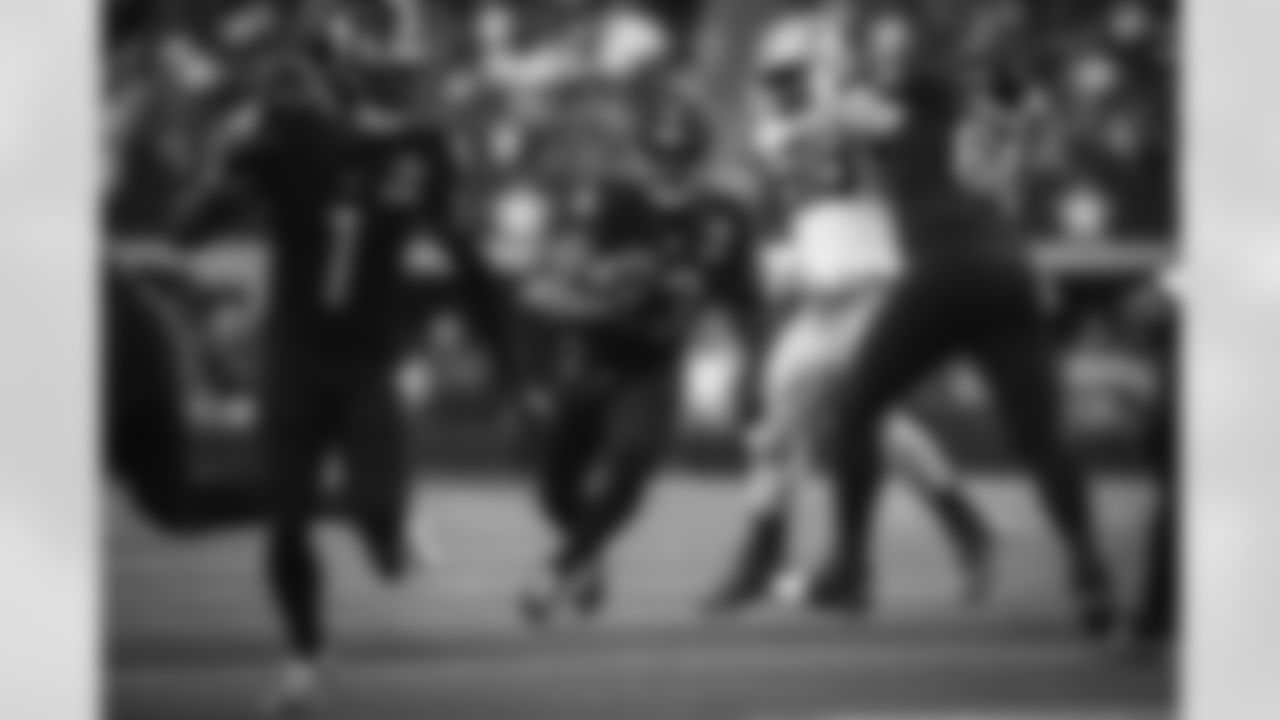



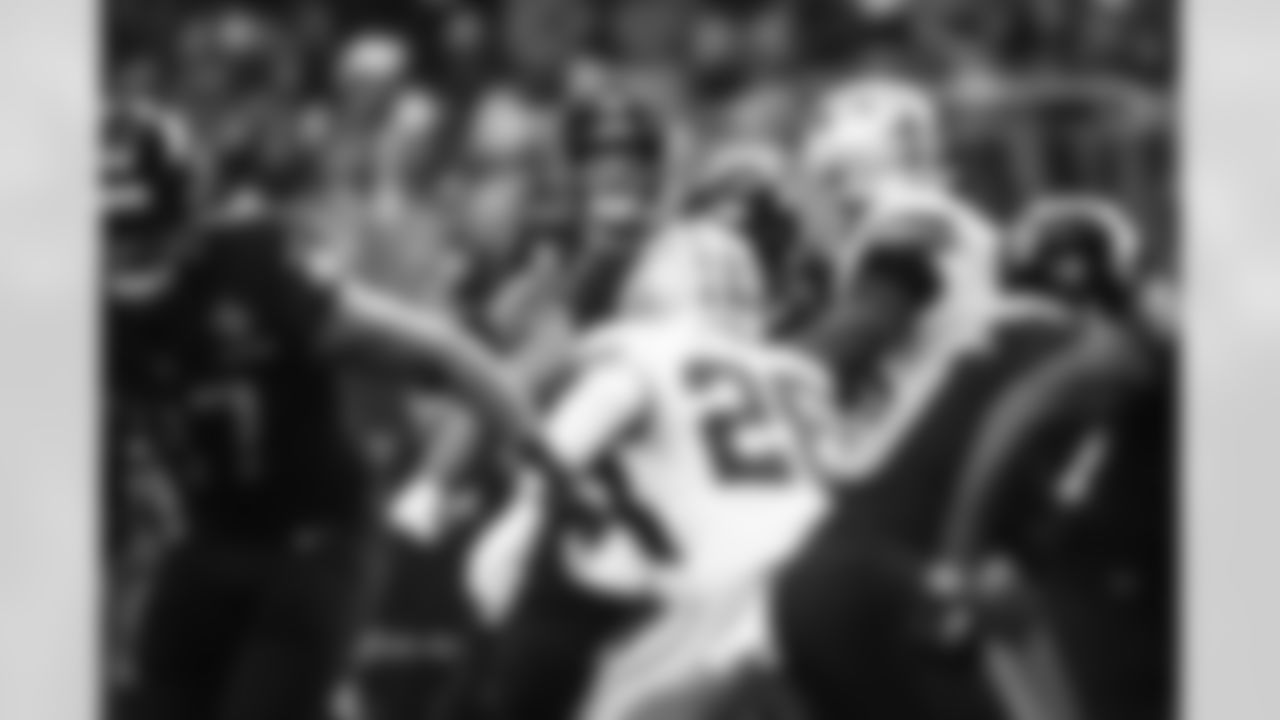
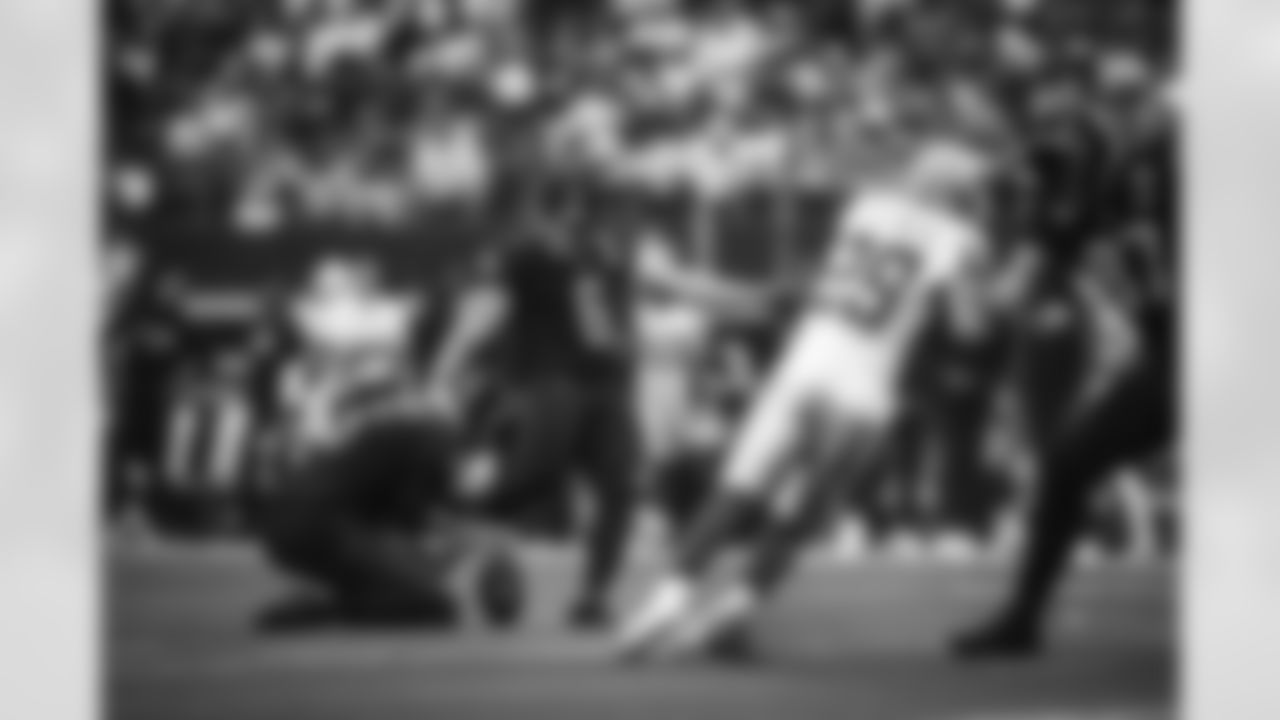



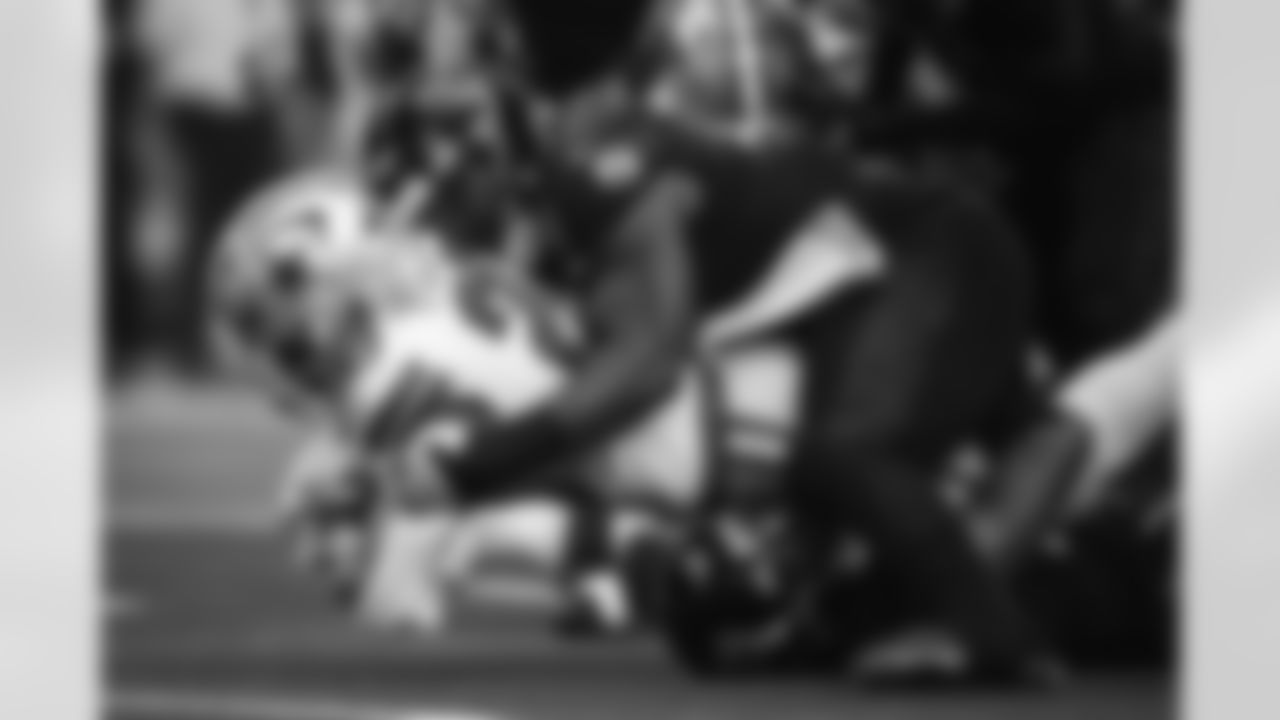
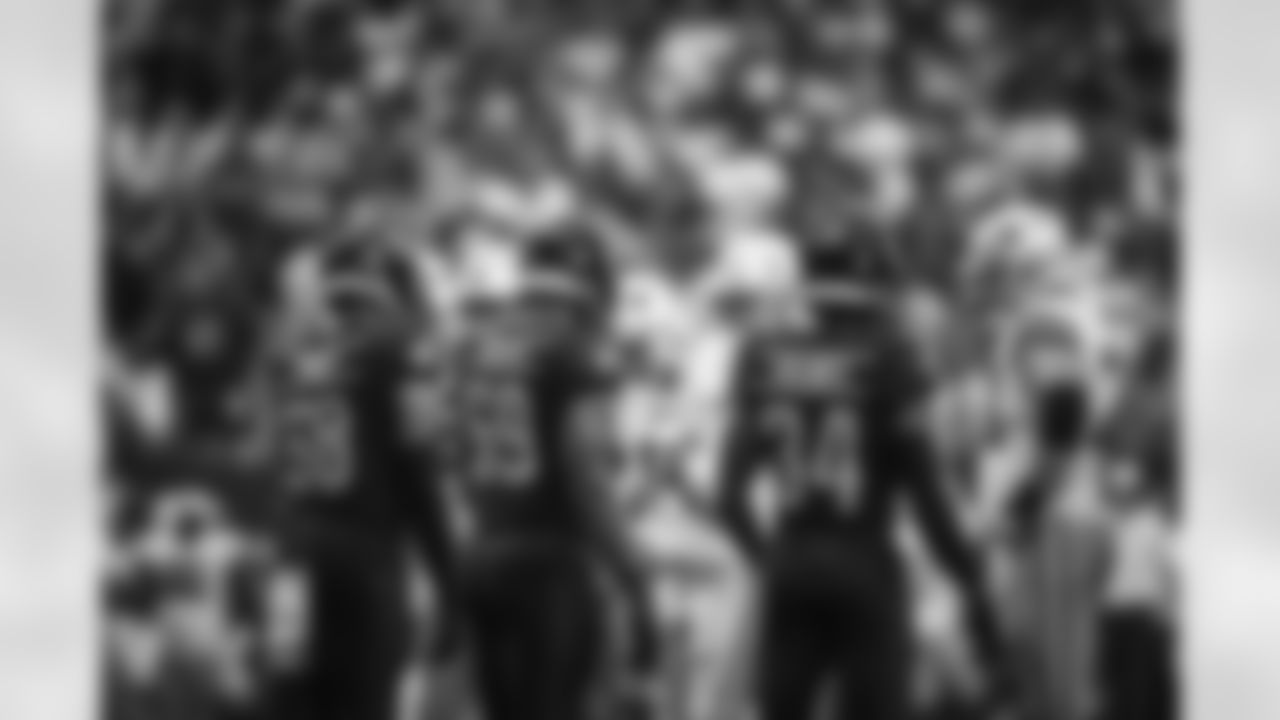
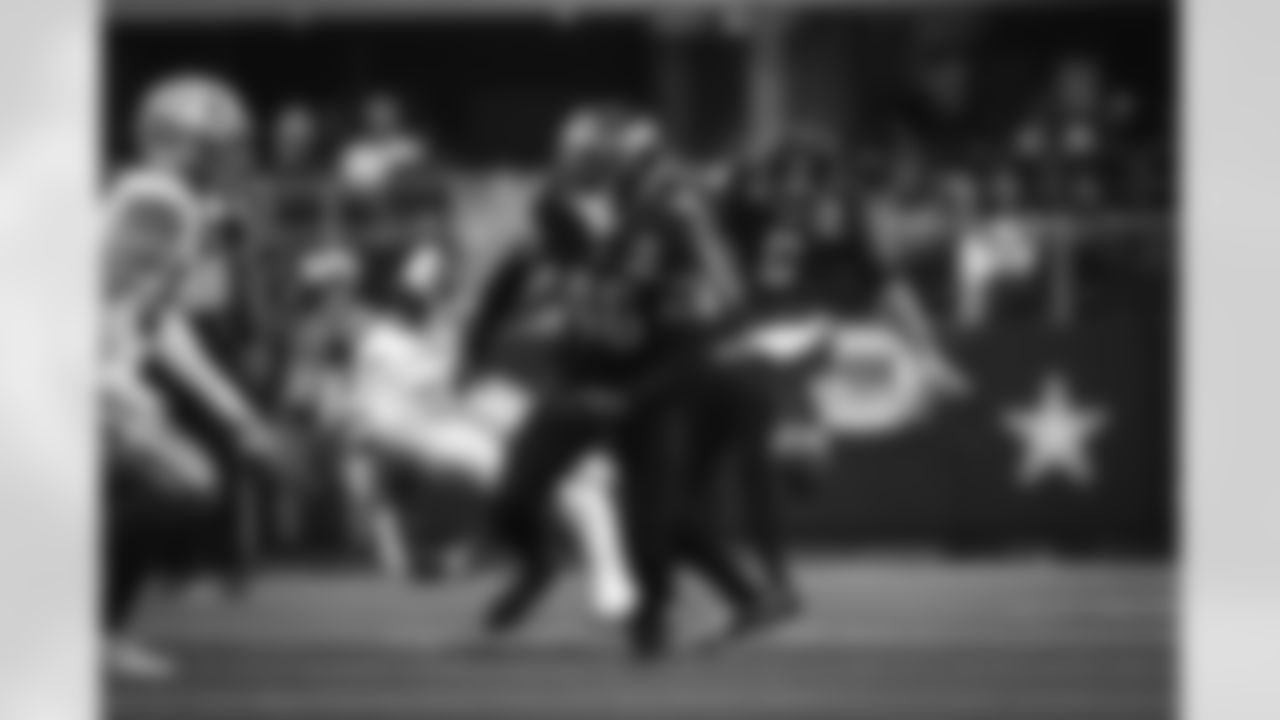


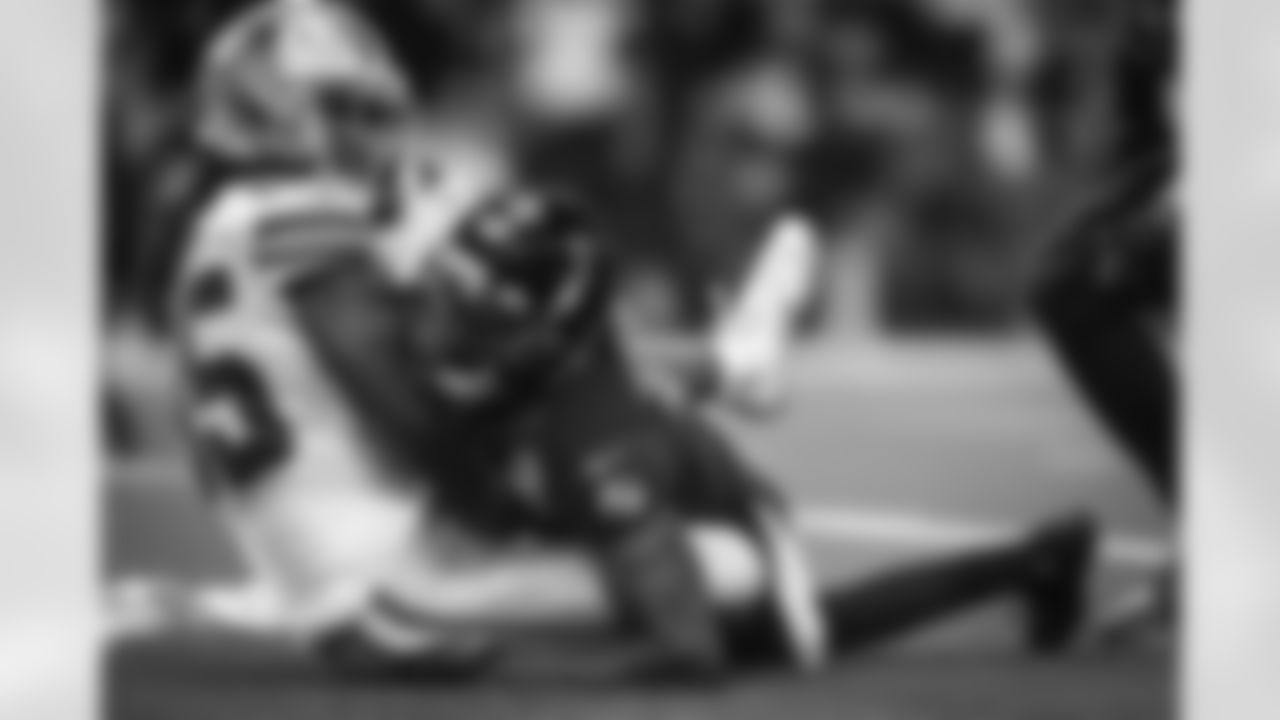

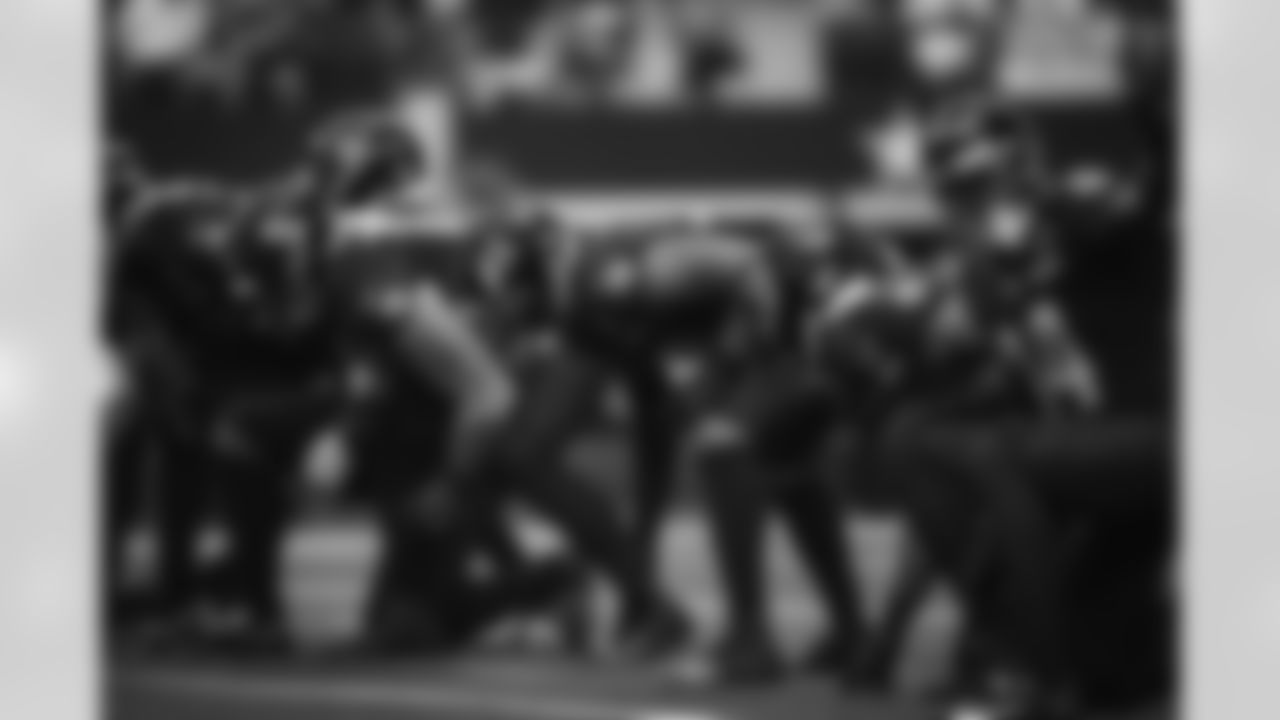






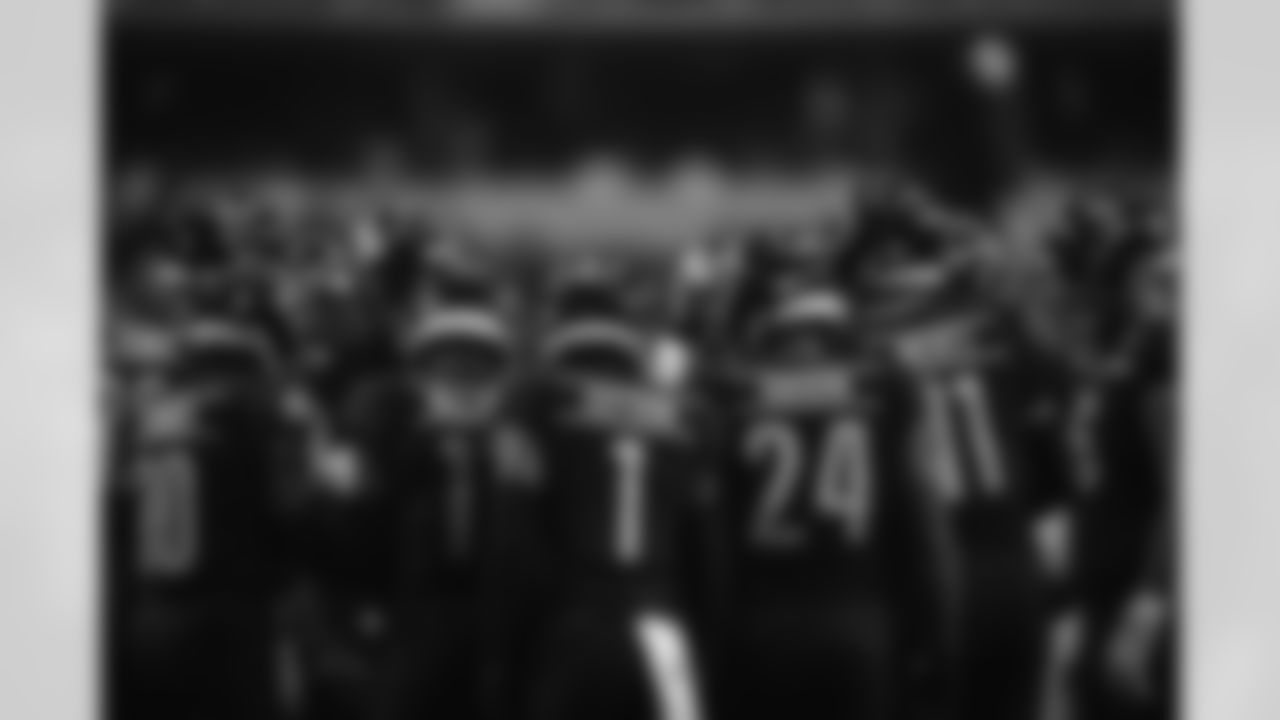
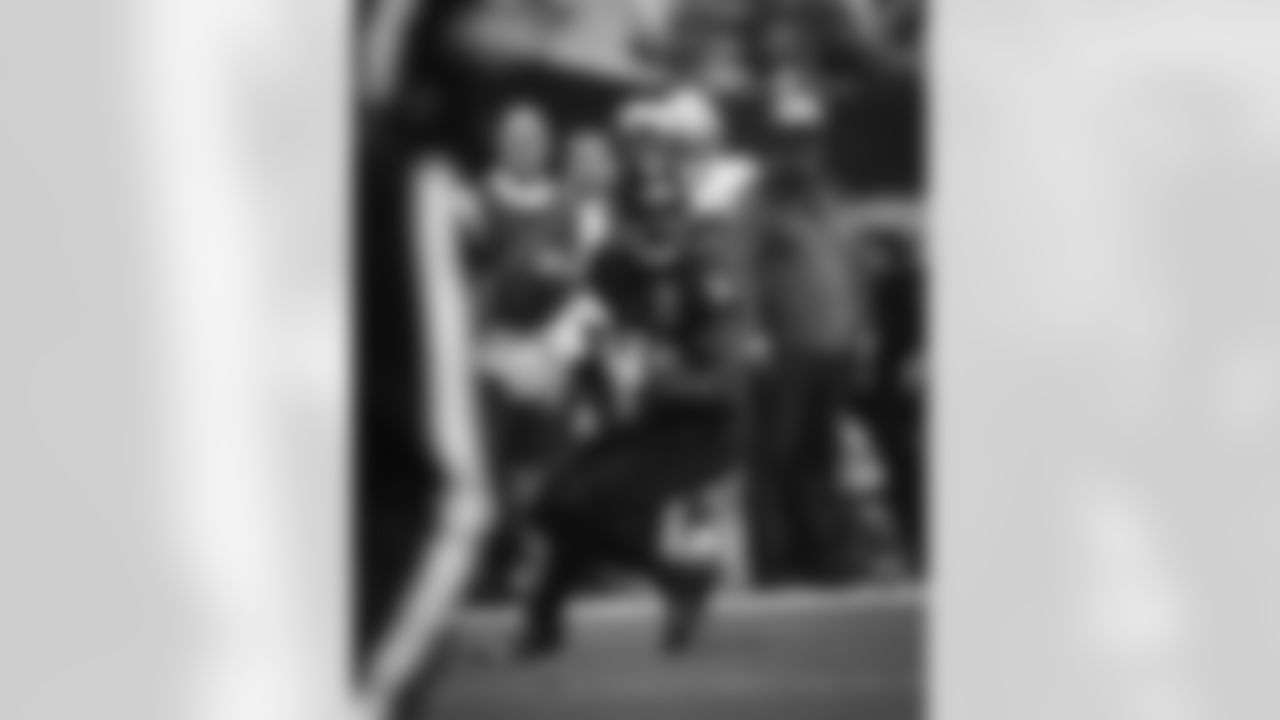
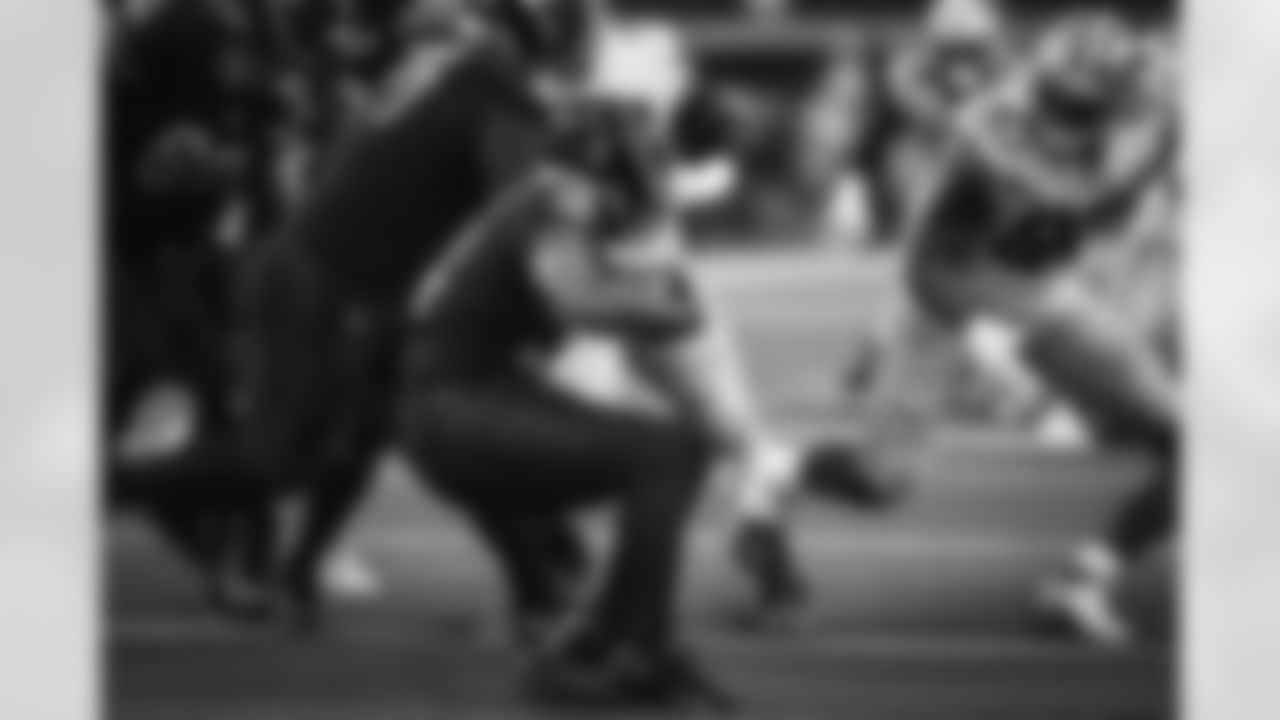


2. The running game was improved.
It is always frustrating to lose, but it is even more so when it undercuts what was a solid day from specific position groups.
That was the case with the Commanders' running game, which finished the afternoon with 142 yards thanks to noteworthy performances from Gibson, J.D. McKissic and Jonathan Wiiliams. It was clear from the start of the game that Washington intended to lean more on its ground game, as the first two plays of Washington's opening drive were handoffs to Gibson.
Both of Washington's scoring drives were prime examples of what the offense can look like with the right balance. McKissic broke loose in the second quarter on a 33-yard run, which helped put Washington in position for a 10-yard touchdown three plays later.
In the third quarter, after Jahan Dotson brough in a 31-yard completion, Williams followed that up with a 23-yard scamper that brought Washington inside the Cowboys' 20-yard line.
Unfortunately, Washington went down two scores in the fourth quarter, which forced the offense to move away from the running game almost entirely. Still, it could be something to build on in future games.
3. The offense started slow and finished rocky.
As good as the running game was, it did not hide the fact that there was much to be desired from the offense overall.
Slow starts continued to be a trend for the Commanders, as it took three drives to start getting in sync. The seven-play, 65-yard touchdown drive in the second quarter was the most efficient they looked all afternoon. Most of this can be attributed to the previously mentioned penalties, but it was a common theme for drives to start strong and then sputter out.
The entire second half was the most frustrating stretch of this, but it was at its worst when Washington had got a break off a poor Cowboys punt that gave the Burgundy & Gold the ball at the Dallas 30-yard line. Washington got down to the 10-yard line, but came away with no points after a one-yard gain, a sack and two incompletions.
And there is one last head-scratching-stat that sums up the afternoon: Washington won the time of possession by about six minutes, but it was Dallas that felt the most consistently in control.
4. The defense looked better.
The defense has objectively been spotty at best through the first four games, but it had one of its better showings in the Week 4 loss.
There were multiple stats that show how much the unit has improved, and that starts with the Commanders allowing just 62 rushing yards from the Cowboys. Ezekiel Elliott was held to 49 yards on 19 carries (2.6 yards per attempt), while Tony Pollard had just six on eight carries.
Washington forced the Cowboys to punt six times, and even when the home team did manage to get into Commanders territory, it was limited to settling for field goals. One noteworthy moment came from Cole Holcomb, who brought down Pollard in the open field on a third-and-8 at the Commanders' 35-yard line for just a two-yard gain.
The defense could not get a break, though, and this also stems from penalties. Two interceptions were wiped away because of self-inflected errors, both of which would have given the offense good field position in Dallas territory. And with the Commanders' own offense struggling, the Cowboys slowly built a lead that was eventually too much to overcome.
5. Lack of sustainability was a liability.
It is hard to blame the players for feeling frustrated after the Week 4 loss. Wentz and others in the locker room said they did some good things, and at certain points in the afternoon, they would be correct.
The problem was that there were not enough of those moments and too many instances where Washington got in its own way.
The Commanders are a quarter of the way through the season, and there have been good and bad moments. There is potential for the Commanders to be a good team; there is also potential for them to fall into the other category.
Players and coaches were adamant last week that there is still plenty of time to fix things. One week later, those words are still true. However, with the team three games below .500 and more competitive teams on the schedule, there needs to be haste in its search to find an identity.
Click HERE to learn more about the inaugural Washington Commanders Fan Cruise.



